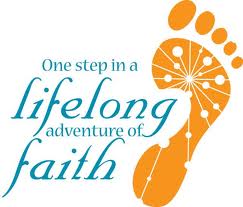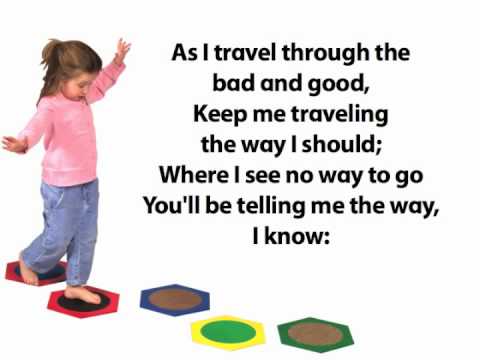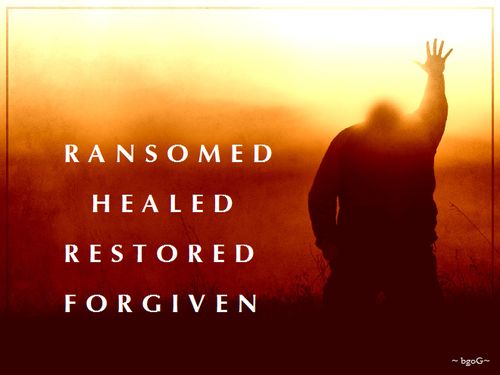Notes on the Notes – September 4, 2016

This week:
Sharon’s Last Sunday at WPUC
This week’s scriptures:
Psalm 139:1-6, 13-18
Philemon 1-7
This week’s music:
This week we will continue to sing some of Sharon’s favorite hymns!
“Travel On” (VU #647)
“Travel on, travel on, there’s a spirit that is flowing,
A spirit that is flowing night and day.
Travel on, travel on, with the spirit that is flowing,
The spirit will be with us all the way.
Travel on, travel on, with the spirit that is flowing,
The spirit will be with us all the way.
Travel on, travel on, there’s a spirit that is growing, the spirit grows like flowers night and day.
Travel on, travel on, with the spirit that is growing, the spirit will be with us all the way.
Travel on, travel on, with the flower that is growing, the spirit will be with us all the way.
Travel on, travel on, there’s a spirit that is playing,
The spirit plays like music every day.
Travel on, travel on, with the spirit that is playing,
The spirit will be with us all the way.
Travel on, travel on, with the music that is playing,
The spirit will be with us all the way.
In the kingdom of heaven is our end and our beginning,
The road that we must travel every day.
Travel on, travel on, to the kingdom that is coming,
The kingdom will be with us all the way.”
This song is by the well-known British folk singer, Sydney Carter. Other hymns you might know by this composer include: “I Danced in the Morning When the World Was Begun” (Lord of the Dance), “Bitter Was the Night,” and “One More Step Along the World I Go.” Carter is quoted as saying, “Bibles, legends, history are signposts: they are pointing to the future, not the past. Do not embrace the past or it will turn into an idol.”
“One More Step” (VU #639)
One more step along the world I go…from the old things to the new, keep me travelling along with you:
and it’s from the old I travel to the new; keep me travelling along with you.
Round the corner of the world I turn, more and more about the world I learn; all the new things that I see you’ll be looking at along with me…
As I travel through the bad and good, keep me travelling the way I should; where I see no way to go you’ll be telling me the way, I know…
Give me courage when the world is rough, keep me loving though the world is tough, leap and sing in all I do, keep me travelling along with you…
You are older than the world can be, you are younger than the life in me, ever old and ever new, keep me travelling along with you…”
This folk-hymn by Sydney Carter was written in 1971. The words of the hymn emphasize that living a faith-filled life is more about the journey than about having all of the answers. It also speaks of our desire to have God with us as we live and learn.
Hear the song at: http://www.youtube.com/watch?v=7PXV3dwaeNU
“Praise My Soul, the God of Heaven” (VU #240)
“Praise, my soul, the god of heaven, glad of heart your carols raise;
Ransomed, healed, restored, forgiven, who, like me, should sing God’s praise.
Hallelujah! Hallelujah! Praise the Maker all your days!
Praise God for the grace and favour shown our forebears in distress;
God is still the same forever, slow to chide and swift to bless.
Hallelujah! Hallelujah! Sing our Maker’s faithfulness!
Like a loving parent caring, God knows well our feeble frame;
Gladly all our burdens bearing, still to countless years the same.
Hallelujah! Hallelujah! All within me, praise God’s name!
Frail as summer’s flower we flourish; blows the wind and it is gone;
But, while mortals rise and perish, God endures unchanging on.
Hallelujah! Hallelujah! Praise the high eternal one.
Angels, teach us adoration, you behold God face to face;
Sun and moon and all creation, dwellers all in time and space.
Hallelujah! Hallelujah! Praise with us the God of grace!”
The psalms are often a source of inspiration for hymn writers. Psalm 103 is the basis of “Praise, My Soul, the King of Heaven” by Henry Francis Lyte (1793-1847).
Born in Scotland and educated at Enniskillen and Trinity College in Dublin, Lyte’s most significant appointment was as Anglican curate at Lower Brixham, Devonshire, England, where he served for 24 years.
Kenneth Osbeck notes that Lyte “was known as a man frail in body but strong in faith and spirit.” Suffering from chronic asthma and tuberculosis, he retired from his parish in September 1847. Seeking a better climate in Italy, he died that November in Nice, France, on his way to Rome.
When the hymn appeared in the influential collection Hymns Ancient and Modern, the editors substituted “Alleluia! Alleluia!” for “Praise him! Praise him!” — a change that not only improved the ease of singing, but elevated the exaltation. Besides a sense of jubilation, this hymn emphasizes God’s providence. Again Mr. Watson notes that the poet “consistently emphasizes the reliability of God.” In stanza two, God’s “grace and favor to all people in distress” is praised. Later in the same stanza, we sing that God is “the same as ever, slow to chide, and swift to bless.” Many small changes have been made in Voice United, mostly for inclusive-language reasons.
The popularity of this hymn has been greatly aided by LAUDA ANIMA, John Goss’ tune written in 1869 for this text. Its inclusion in Hymns Ancient and Modern (1875 edition) and in The English Hymnal (1906) have made it one of the most widely sung Victorian tunes. (Source: Dr. Hawn – professor of sacred music Perkins School of Theology)
Hear an organ solo at: https://youtu.be/Q5VkuRqUA0Y
“Will You Come and Follow Me?” (VU #567)
“Will you come and follow me if I but call your name? Will you go where you don’t know and never be the same? Will you let my love be shown, will you let my name be know, will you let my life be grown in you and you in me?…

This hymn, also known as “The Summons” was written by John Bell of the Iona Community. The first four verses contain the questions that Jesus poses to us – 1. Will you come and follow me?… 2. Will you leave yourself behind?… 3. Will you let the blinded see?… 4. Will you love the “you” you hide?… The final verse is our answer to Him:
“Christ, your summons echoes true when you but call my name. Let me turn and follow you and never be the same. In your company I’ll go where your love and footsteps show. Thus I’ll move and live and grown in you and you in me.”
The tune is the traditional Scottish tune KELINGROVE. Hear it sung by Robert Kochis at: http://www.youtube.com/watch?v=V0aAkOe87mo



You must be logged in to post a comment.